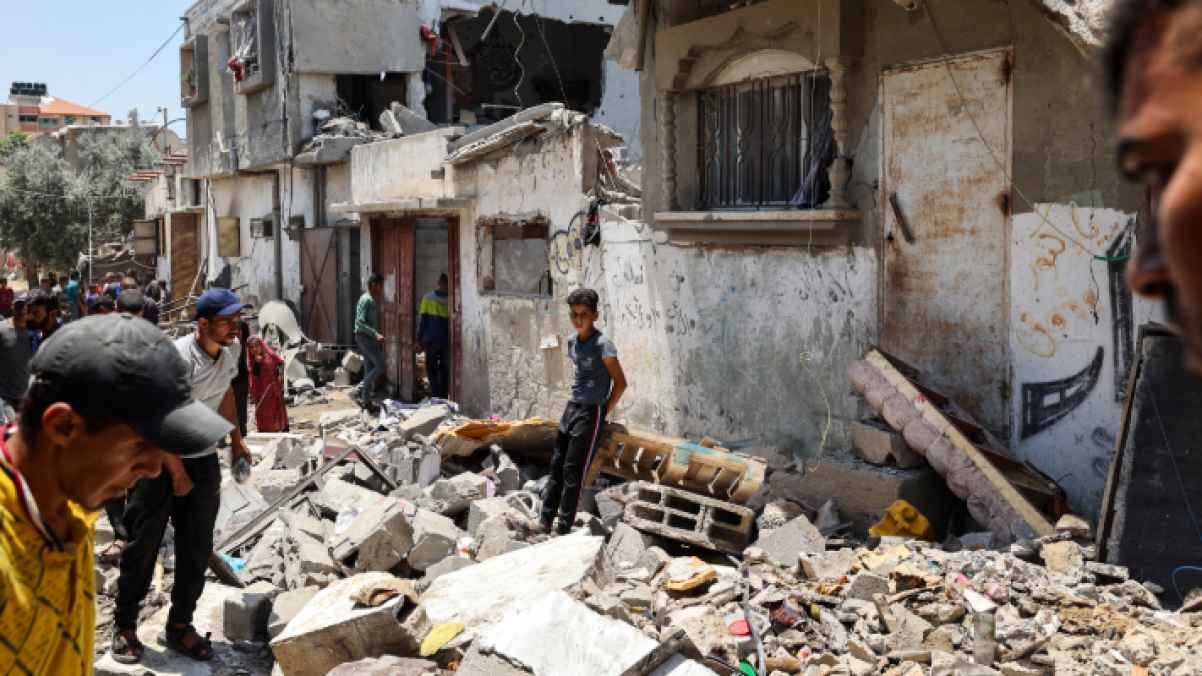At the Tables of Absence… A Child Awaits Bread and Life

The Gazan boy stood barefoot at the edge of the rubble, staring into the emptiness that, just yesterday, was a home, a school, or a childhood story stolen too soon.
The sky above him was grey, as if it wept with him in silence. The ground beneath him glistened with the dew of fear and the echoes of shelling.
He didn’t cry. He didn’t scream. He just stood there… his eyes speaking all that words could never express.
On his tender face were wrinkles that didn’t belong to his age. In his eyes, the sorrow of centuries. He didn’t understand politics, had never read statements of condemnation or resolutions—but he fully grasped that this devastation was far greater than his small dream of a toy car or a seat by the classroom window.
Planes passed overhead, and he didn’t flinch. News crews walked by, and he didn’t smile. A woman screamed over a lifeless body, and he looked at her as if that scene had long been etched into his soul.
"Do You see me, God?" he whispered, not waiting for an answer.
The boy no longer asked when the notebook, the backpack, or even the house would return. He asked only, “How many children are left after me?”
Hunger sat in his stomach like a heavy stone—silent, but pounding against his insides with aching urgency. He didn’t crave a lavish meal, only a warm loaf of bread to quench the fire of waiting. He looked to the sky, as if it might rain down a crust of bread—or even just the smell of a faraway kitchen.
Hunger was clearer in his eyes than in any words. His tired steps told the story of a long day sifting through rubble—not for memories, but for something to eat.
He passed a shuttered bakery, inhaling ash instead of aroma, swallowing his dry spit as if it were a meal, then smiled… because tears no longer satisfied.
Here, hunger lives not just in the belly—but in hope, in peace, in the embrace of a mother who lost her voice from repeating one false comfort: “Tomorrow we’ll eat, my love.”
